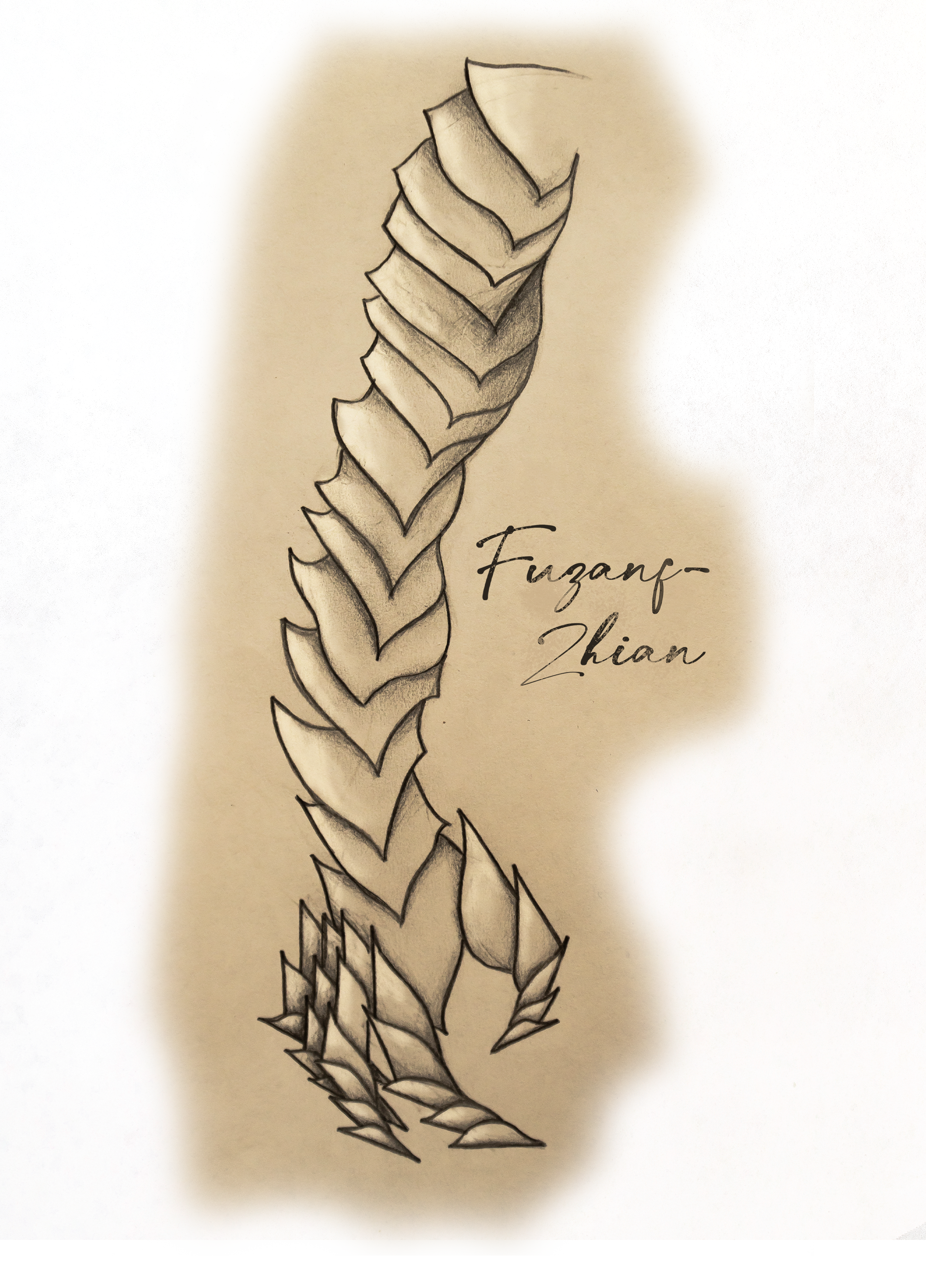Culture
 Rumma live in several city-states deep underground. Finding food, maintaining safe living areas, and access to necessary lava rivers for their crafting are difficult, so the Rumma have very few villages or towns but instead have large cities with sporadic mining/fortress facilities that are not used for long-term living. The cities function separately but have trade, information, and people transfer between them. Each city is ruled in a slightly different way; however, for the most part, elected officials govern.
Rumma live in several city-states deep underground. Finding food, maintaining safe living areas, and access to necessary lava rivers for their crafting are difficult, so the Rumma have very few villages or towns but instead have large cities with sporadic mining/fortress facilities that are not used for long-term living. The cities function separately but have trade, information, and people transfer between them. Each city is ruled in a slightly different way; however, for the most part, elected officials govern.
The lifeblood of a city is its lava rivers that run through the underground. These lava rivers are built around as they support the growth of underground food, fuel the large forges and work centers, provide a source of warmth, and give off enough ambient light for the Rumma. A new city is only constructed when a sufficient lava river junction is found to build one around, and if something blocks or stops the flow of a lava river, the city will soon fall into decay. Many lost and abandoned cities are found where something has happened to their lava river.
Rumma cities have constant light from the lava flow and no external light sources, so the concept of day and night is foreign to them. Instead, they function through “shifts” using timepieces everywhere, and this constant clicking adds to the continuous sounds of a Rumma city even in the quietest areas.
Rumma families construct huge mausoleums to bury their ancestors, frequently burying them with great items they created or collected. These mausoleums have various protections built in, and the secrets of how to access them are kept limited within the family to avoid leaks.
Construction, Crafting, and Arts
The Rumma have a love for creation. Their cities, carved into stone and dirt underground, are filled with grandiose columns and building faces. Every street, stall, and building is a testament to the skill of the family that resides there. Motifs in metalworking weave through their constructions as support but also for flare. Channels for lava to flow down and through rooms provide enough ambient light for a Rumma, and they also bring up the temperature of the rooms. Metalworking, rootworking, pottery, and more are all pastimes of the Rumma. Each Rumma, regardless of daily profession, has a craft they toil on. Notably lacking are the "fine arts," such as writing, spoken word, and paintings, as they are seen as lesser mediums.
Clan and Family
Rumma have very large families, and the Rumma family unit consists of all relatives. Instead of living in homes, Rumma families live in streets, and the family unit has a large cooking center to prepare meals for everyone. At the center of each family, just like in the city, is the family's forge.
Religion
The Rumma do not worship a single deity, as their creator mostly ignores them. Instead, they worship a wide variety of major and minor gods. They worship those who can help them become more powerful creatures or gather more knowledge. Some Rumma don't even have enough time to devote to any deity because of their obsession over their craft, and religion is not a large part of their lives. To them, what's most important is not where they will go next but what their legacy amongst their own people will be.
Relations
The Rumma have good relations with most surface species in Southern Dramor, except for the Fuzang-Zhian, who they deeply hate due to the war. They are also suspicious of humans due to their history of looting Rumma burial grounds. Despite this, they enjoy human company and their discoveries.
Well Known Rumma